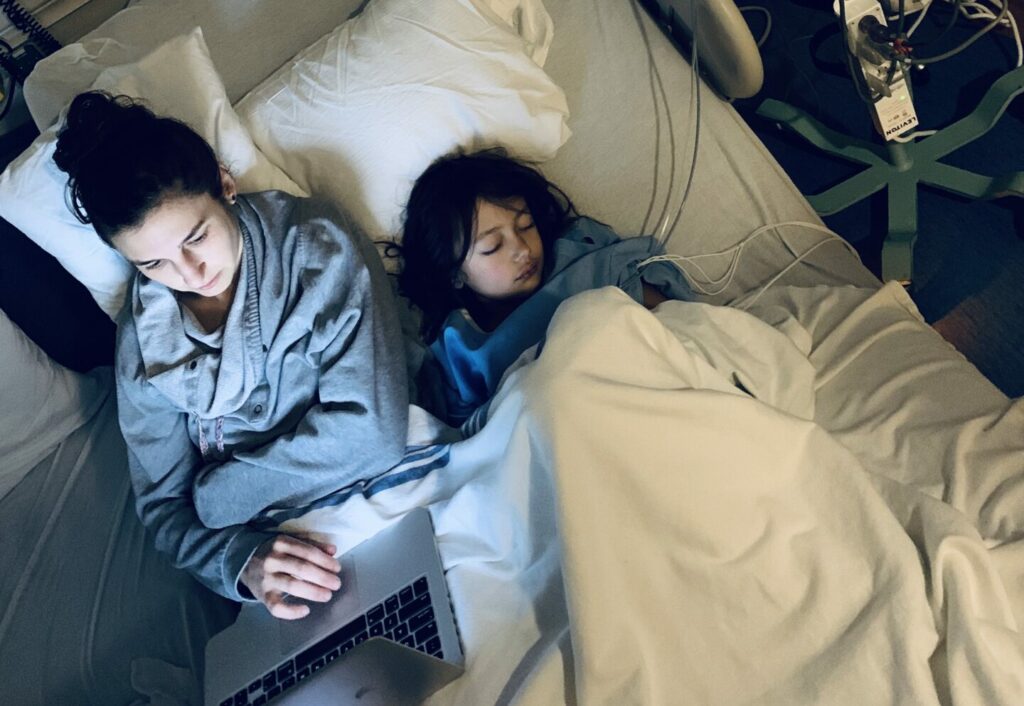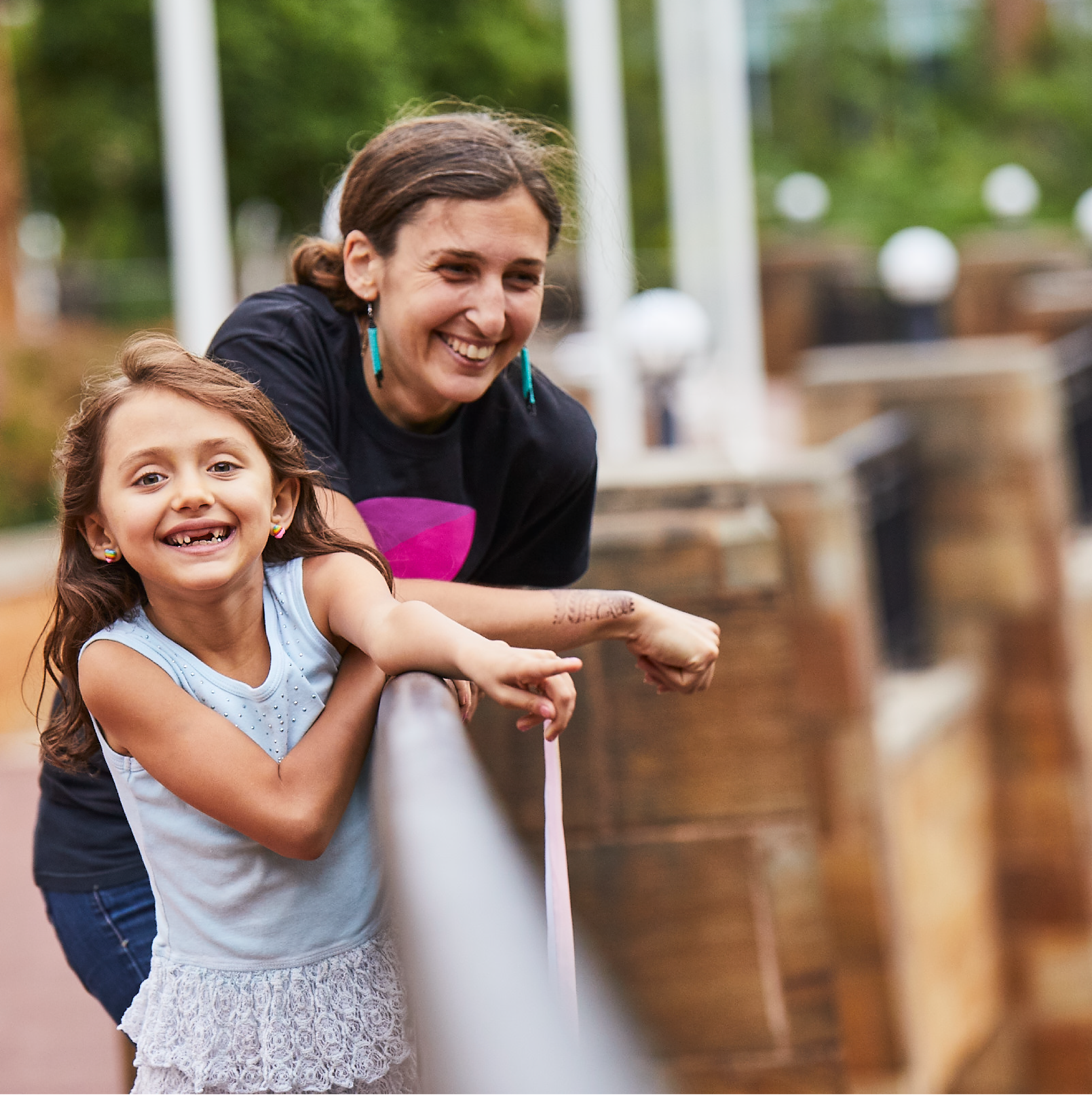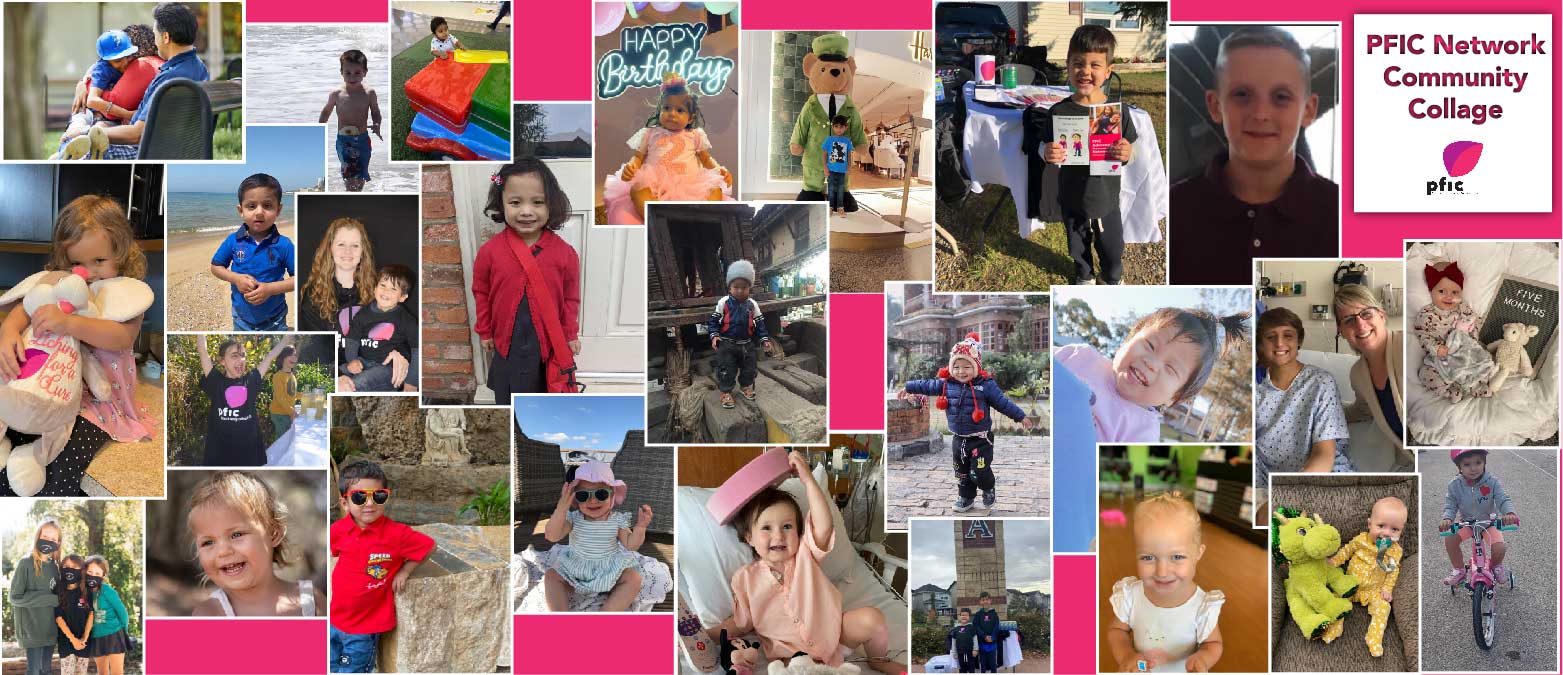Today We Celebrate Rare Disease Day
This rare disease day I find myself humbled.
We were celebrating the milestone of 2 years hospital free when I found myself, yet again, sleeping alongside my daughter in her hospital bed, wondering what the next day would bring.
Of the last 15 days we spent 8 of them in the hospital, reminding me that my daughter’s journey with PFIC is not normal. She is rare.
Anxiety, Fear, Uncertainty..these feelings were back in the driver seat. Living each day waiting impatiently for which direction her lab work would go, which was the only indicator for what her liver was silently doing on the inside. Watching her itch, again, for the first time in 5 years. Feeling defeated.
This time a new word crept in.
Resilience.
Resilience is the capacity to withstand or to recover quickly from difficulties: toughness. (https://languages.oup.com/google-dictionary-en/)
Being resilient doesn’t have any impact on the biology of the disease. I can not change my daughter’s situation with resilience. But I can take control of my reaction. I can take control of a completely unfortunate and unfair circumstance, and work toward finding solutions.
I can work in partnership with her doctors to become informed on what is known, and to understand what knowledge is yet to be gained through research.
I can educate my daughter to be her own advocate, and to speak up about what she experiences to raise disease awareness.
I can allow myself to grieve, while learning coping skills to manage my stress to improve my reaction to our day to day burdens.

I can be a partner in research and work with those who are working to better the outcome for both her and the broader PFIC community.
I do not have to give up.
The PFIC Network’s theme for rare disease day this year is Rare and Resilient Resources. The staff and volunteers at the PFIC Network have worked to bring a 5-part webinar series to our rare community to help teach us skills that will help with our resilience. We are very grateful to Caitlin Shneider, Doctoral Student of Clinical Psychology, who has volunteered her time and expertise to bring this resource to our community. When we were creating the series, I had no idea that it would hit so close to home.
When a fellow parent asked me how Cedar was doing, I found myself telling her that she “narrowly avoided further need for treatment at this time, but it’s only a matter of time before we’re right back here.” Her response: “A narrow avoidance is still an avoidance, and that’s great for now.”
The PFIC community is strong. We need each other, because only we understand each other. We are a strong and resilient community, who find ourselves facing a sometimes impossible uphill battle.
I want to end with a message of gratitude.
I am grateful for the patient and parent community, who are willing to support each other through times of need.
I am grateful to the clinician, research and scientific community, who work tirelessly to learn about this disease and work toward finding solutions
I am grateful to industry and biotech partners, regulators and policy makers, who work toward creating the solutions that can help combat the burden of the disease
I am grateful for the PFIC Network staff and volunteers, who work tirelessly to advocate and make an impact on the broader global community, and
I am grateful to the broader network of support for rare diseases, including Global Genes, NORD, Eurordis and the Chan Zuckerberg Initiative, who all work to elevate the voice of the collective rare disease community to accelerate the cause for the greater good

I am privileged to serve as Executive Director of the PFIC Network, working daily to provide resources and opportunity to the community who experience PFIC and related diseases. We are in this together for the long haul, bound by unfortunate circumstances but strong by the ever nature of our connection.
With Hope,
Emily Ventura
Executive Director, Co-Founder
Mom of Cedar, PFIC 2
